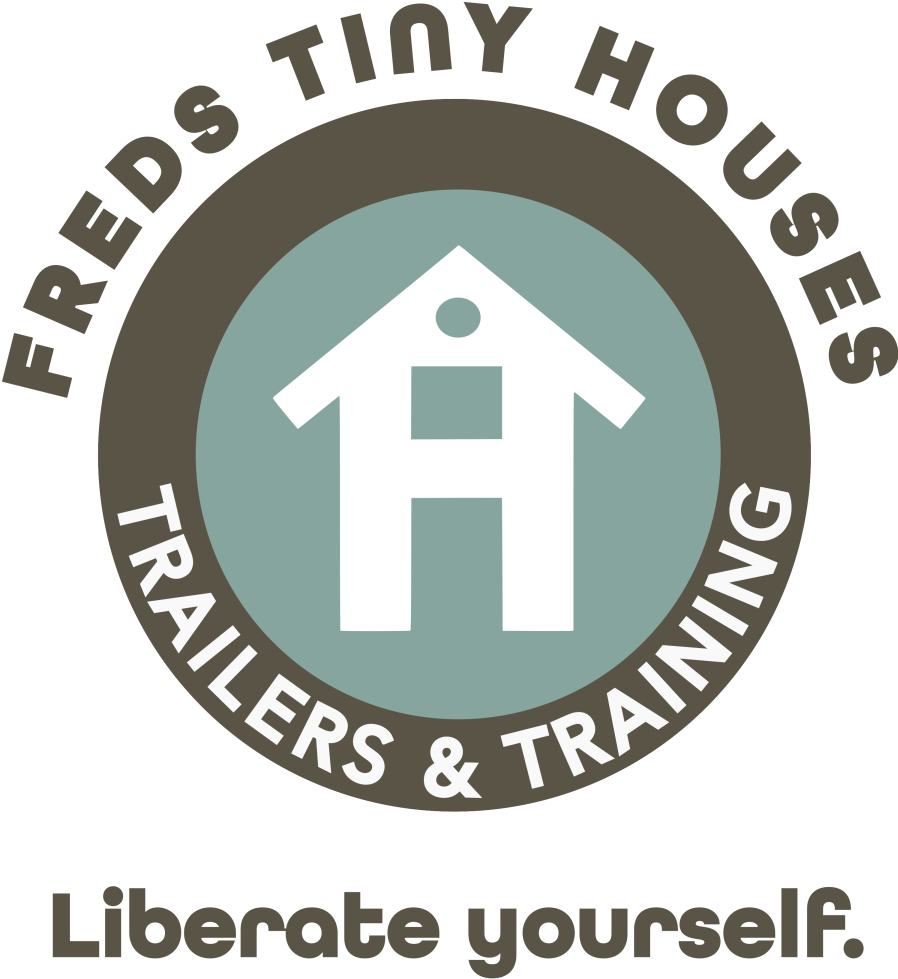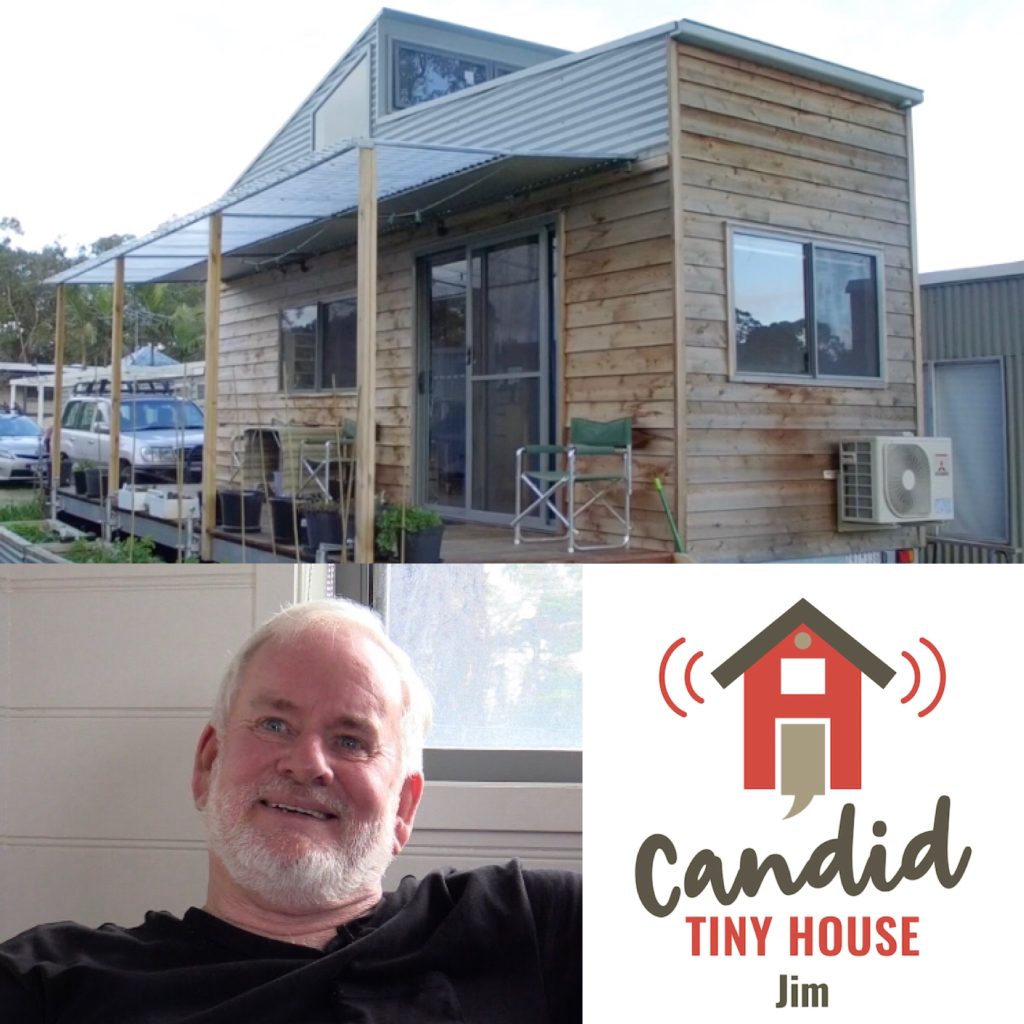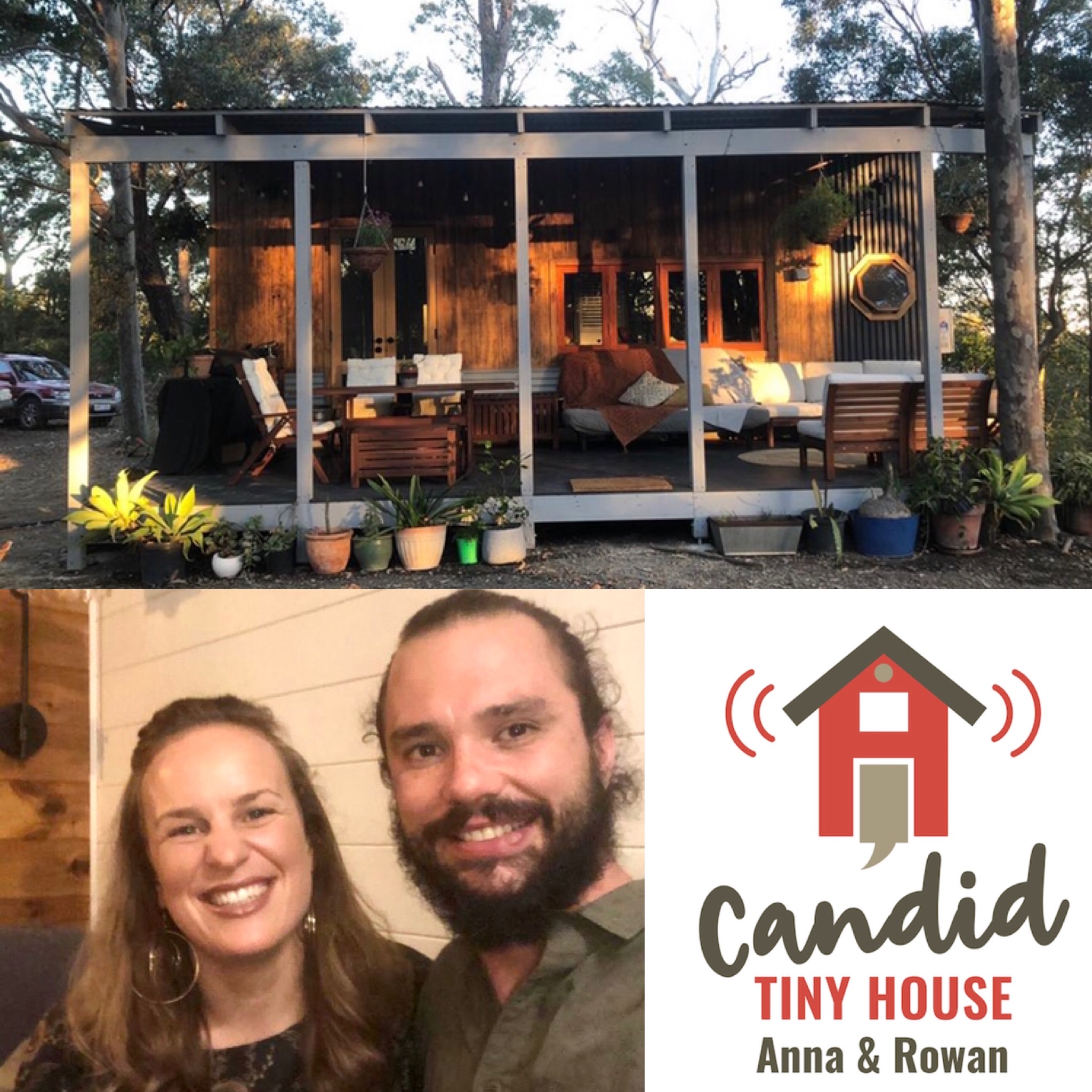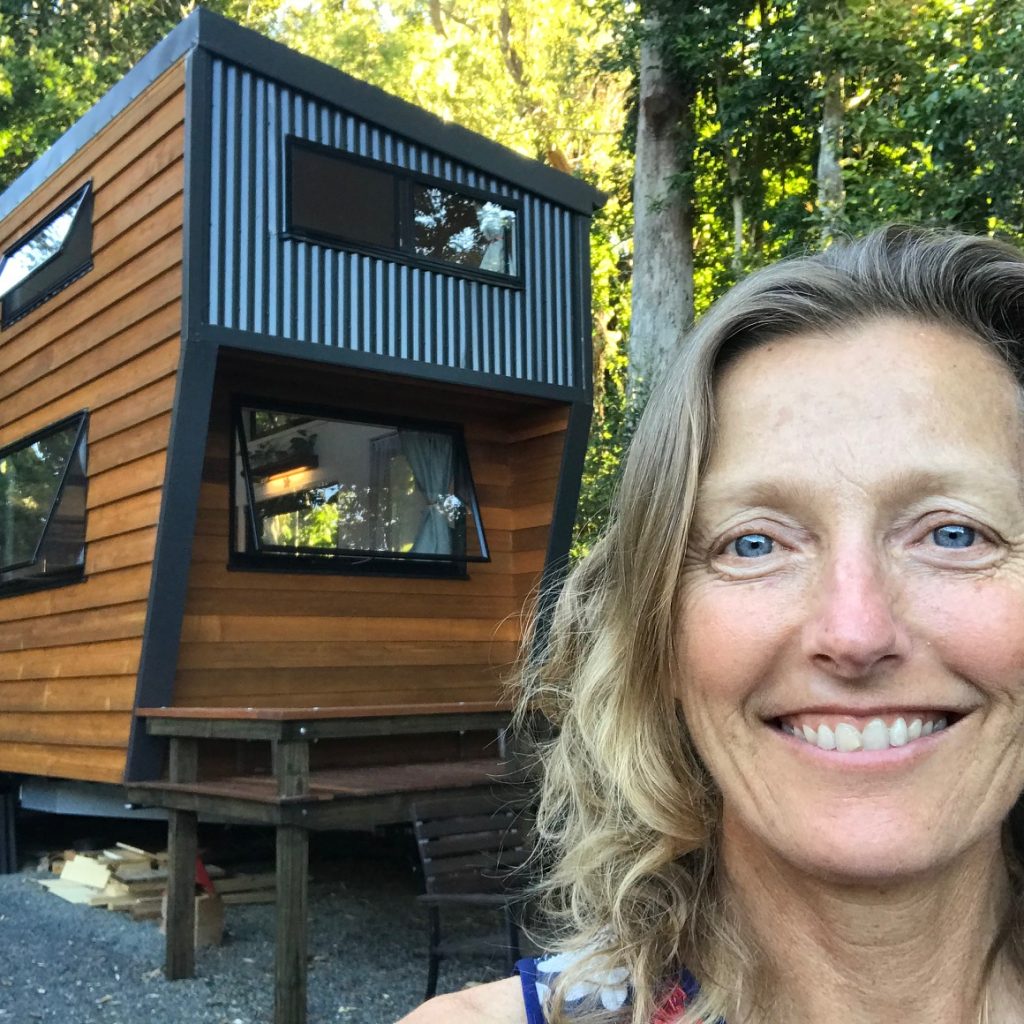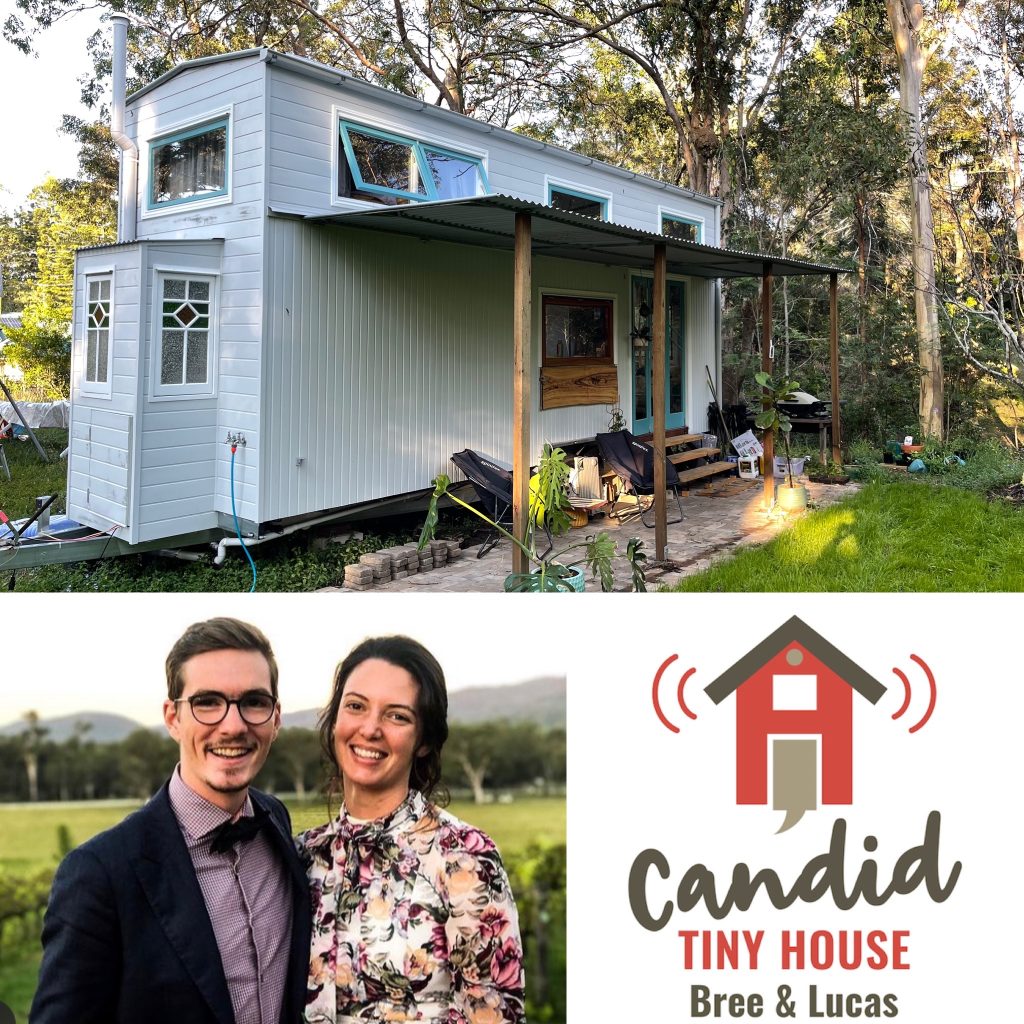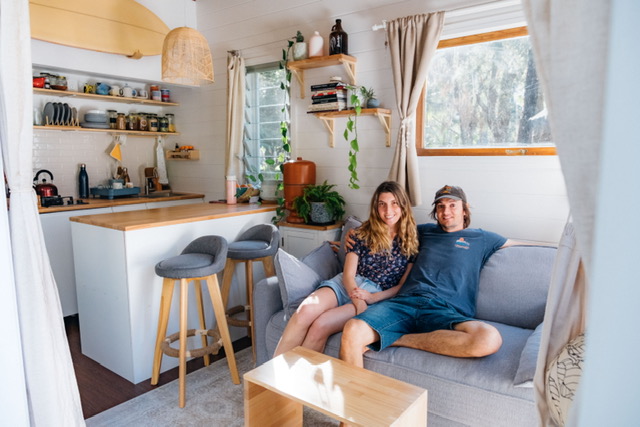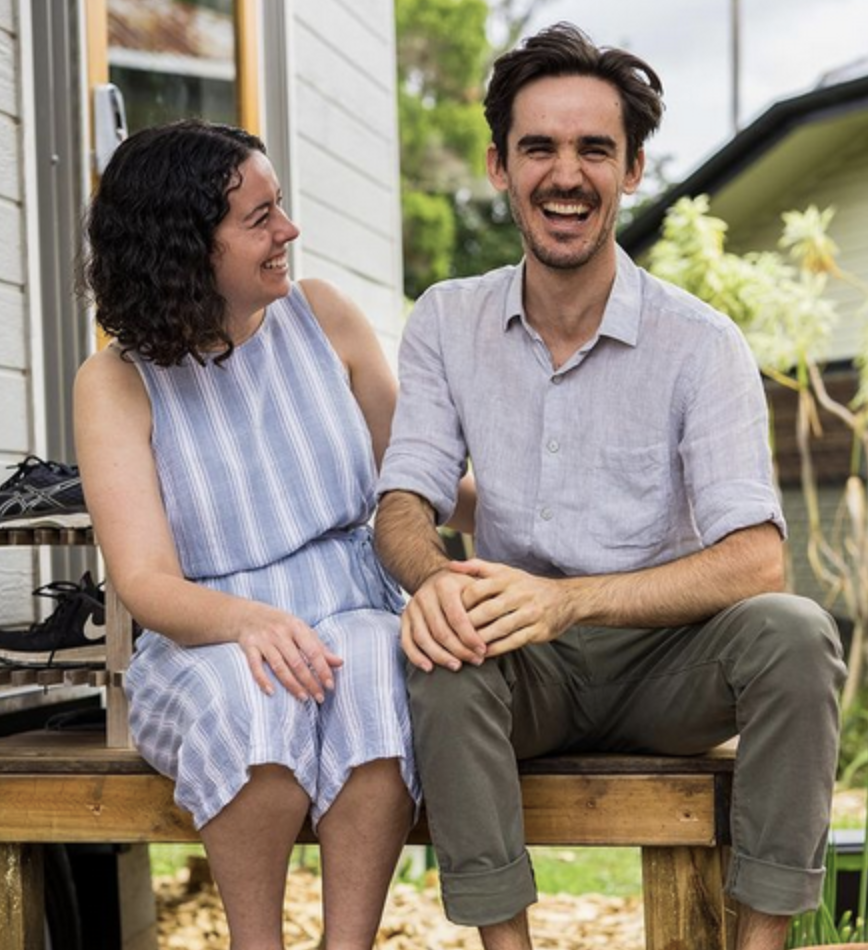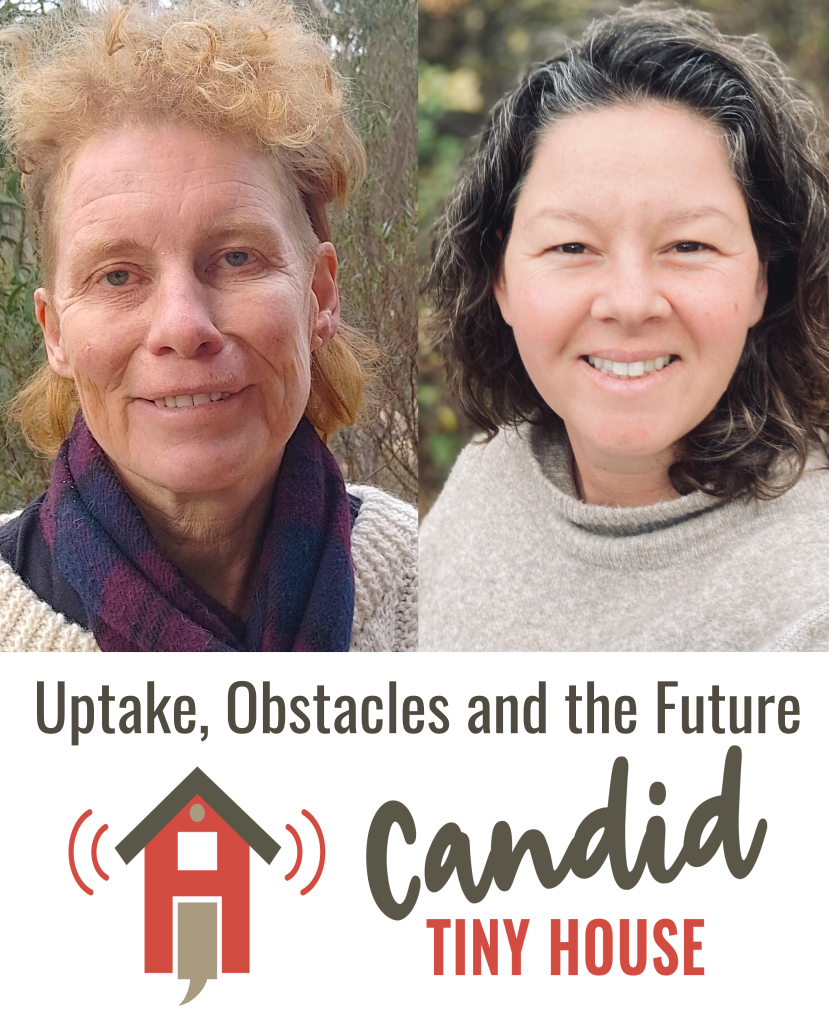
What are the Obstacles to Uptake in Mount Alexander Shire, and what does the Future hold?
In this episode of the Candid Tiny House Podcast, host Shannon Schultz sits down with Kaz Neilson, the Coordinator of My Home Network, to discuss the common sticking points in current tiny house laws.
They delve into two critical issues:
- disposing of wastewater and
- the limitations on the commercial use of tiny houses on private property.
The episode also features voices from property owners eager to host tiny houses on their land. And we hear from individuals whose lives have been transformed by changes in tiny house laws, helping them escape homelessness.
Tune in o your favourite podcasting app for an insightful conversation about the challenges and future possibilities for tiny house living.
Listen:
Takeaways from this Episode:
Let’s do a quick recap of all the pithy topics we’ve covered this episode, and look to the future with determination in our hearts to improve existing laws and help other local governments change tiny house laws for the better.
- Wastewater Solutions: Nationally approved wastewater treatment systems could effectively process wastewater on-site if the Environmental Protection Act and the state planning scheme permitted their use.
- Monetary Exchange: Allowing the payment of money as a fair exchange for land and tiny house use is a well-known and convenient practice. Current restrictions on commercial use of tiny houses are stifling land share arrangements. People are eager to comply with local laws and share their land, but limitations on commercial use hold them back. It would be terrific if monetary exchange was not considered a ‘change of use’ for the tiny house and did not trigger the planning scheme.
- State-Level Solutions: These issues can be addressed at the Victorian state level. The Municipal Association of Victoria can support local governments by sharing solutions and collectively pressuring the state government to remove obstacles for people living in their self-funded tiny houses on private land.
- Contracts: Creating contracts is essential. They provide a clear outline of living arrangements and help navigate tricky situations. When done openly and with careful planning, contracts increase everyone’s sense of safety in the relationship and living arrangement.
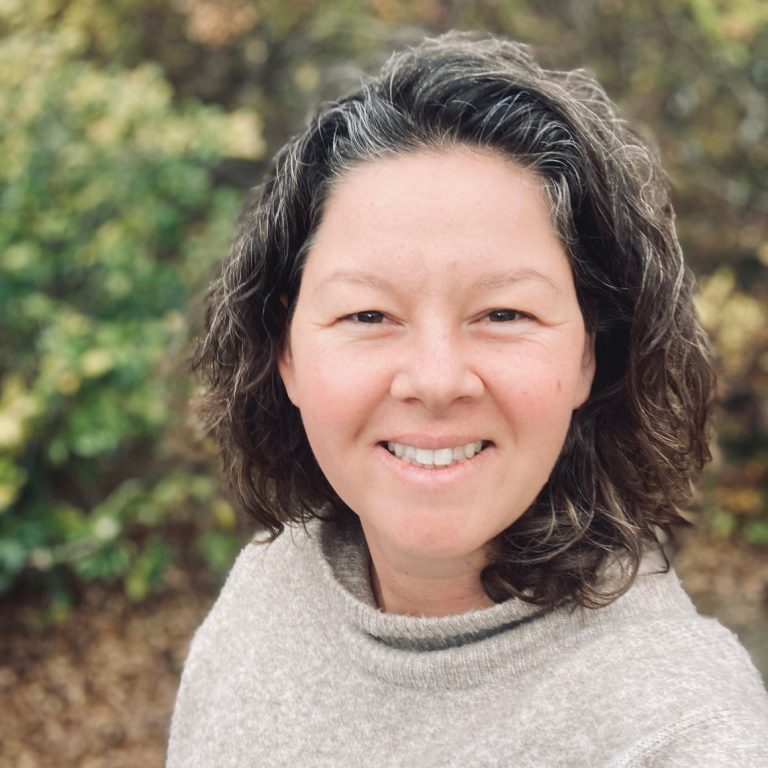
Candid Tiny House Host
Shannon Schultz
Host of Candid Tiny House and Co-Director of Fred’s Tiny Houses. More in Bio.
You Might Also Like:
Jim E6, S1 Candid Tiny House Podcast
https://youtu.be/APzk2coUzC4?si=Blv8lH5xxPhDTMpP Jim Episode 6, Season 1 of Candid Tiny House Podcast ...
Anna & Rowan E5, S1 Candid Tiny House Podcast
Anna & Rowan E5, S1 Candid Tiny House Podcast https://youtu.be/M5CokPuKEAc Building a Tiny Hou ...
Lou E4, S1 Candid Tiny House Podcast
Lou E4, S1 Candid Tiny House Podcast https://youtu.be/3cqWj7FVyQI?si=uosl_zKxTqo6fDEq Lou’s Tiny H ...
Bree and Lucas E3, S1 Candid Tiny House Podcast
Bree and Lucas E3, S1 Candid Tiny House Podcast https://youtu.be/vPzTNi6EaCw?si=ezRnU6EXGoRY66C1 ...
Deon and Marine E2, S1 Candid Tiny House Podcast
https://youtu.be/RwJbD4uYDv0?si=bKGHH_astXqK10FT Deon and Marine: Episode 2, Season 1 of Candid Tiny Hou ...
Luke and Jess E1, S1
https://youtu.be/RGUnBgE3cr4 Luke and Jess: Episode 1, Season 1 of Candid Tiny House Podcast Ta ...
How To Recognise a Well-Built Tiny House Trailer Series – A Frame Draw Bar
Part 1: A-Frame Draw Bar How To Recognise a Well-Built Tiny House Trailer When You See One:When shopping for a tiny house trailer ...
Choosing the Right Windows for Your Tiny House on Wheels
When designing your tiny house on wheels, selecting the right windows is essential for light, ventilation, and weather protection. How your windows open greatly ...
